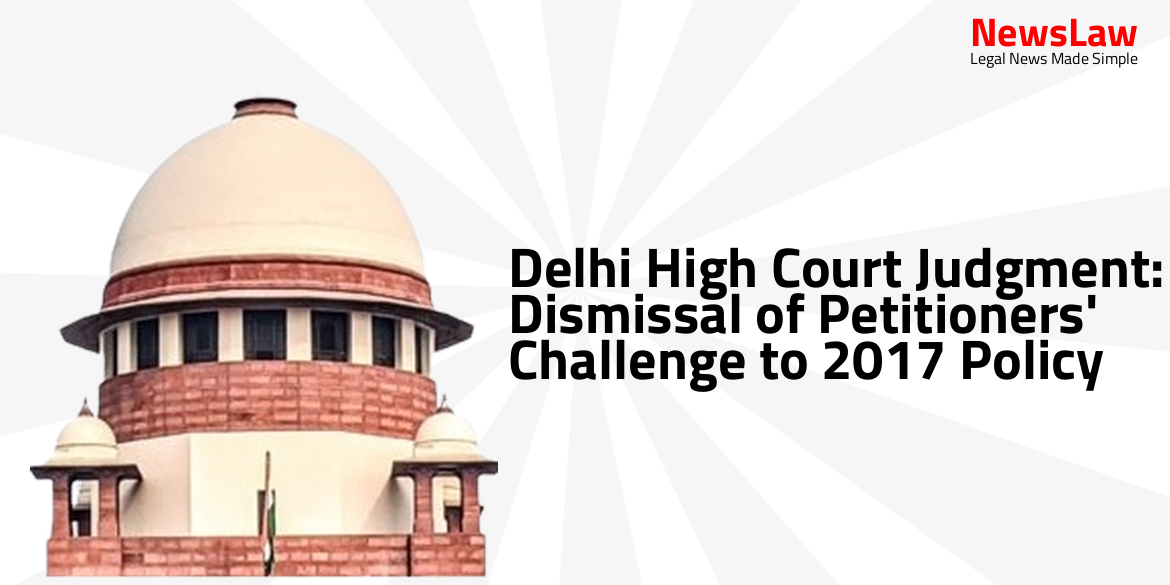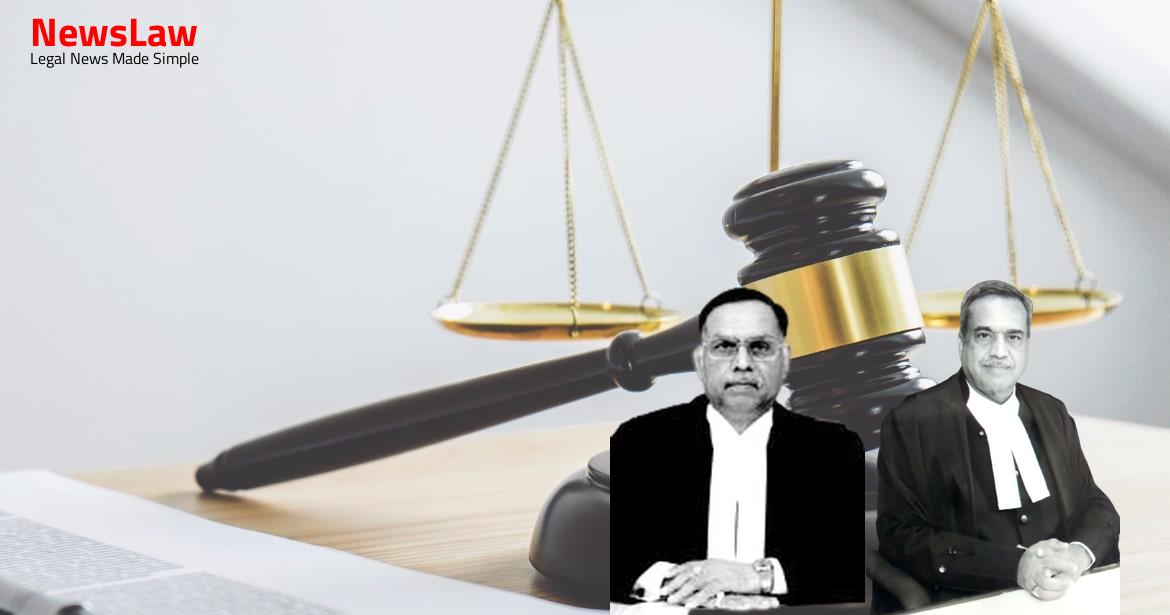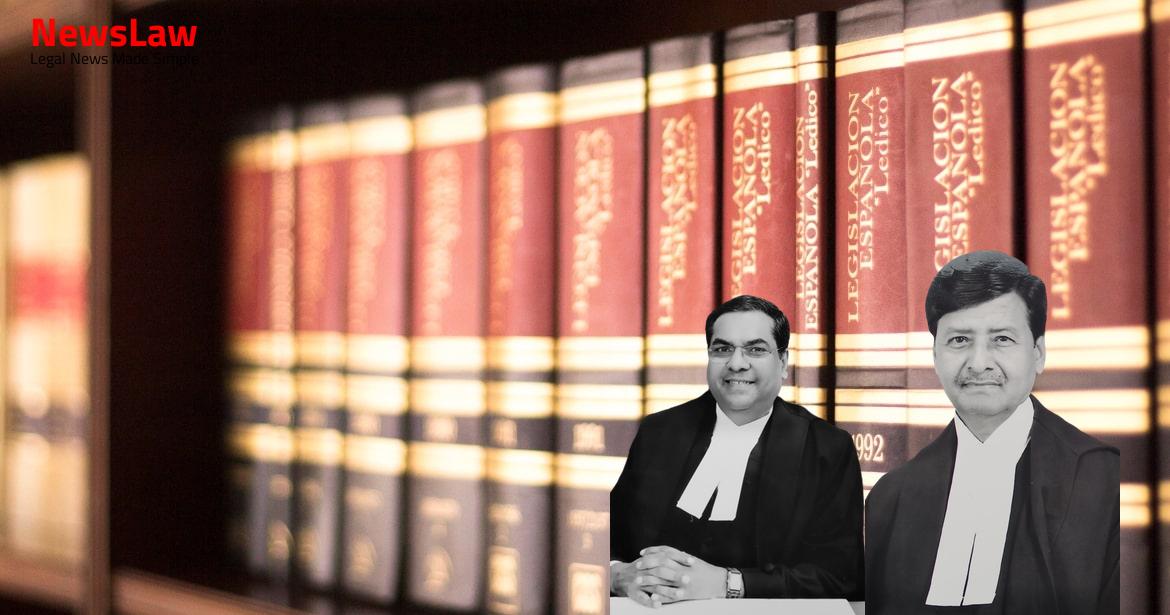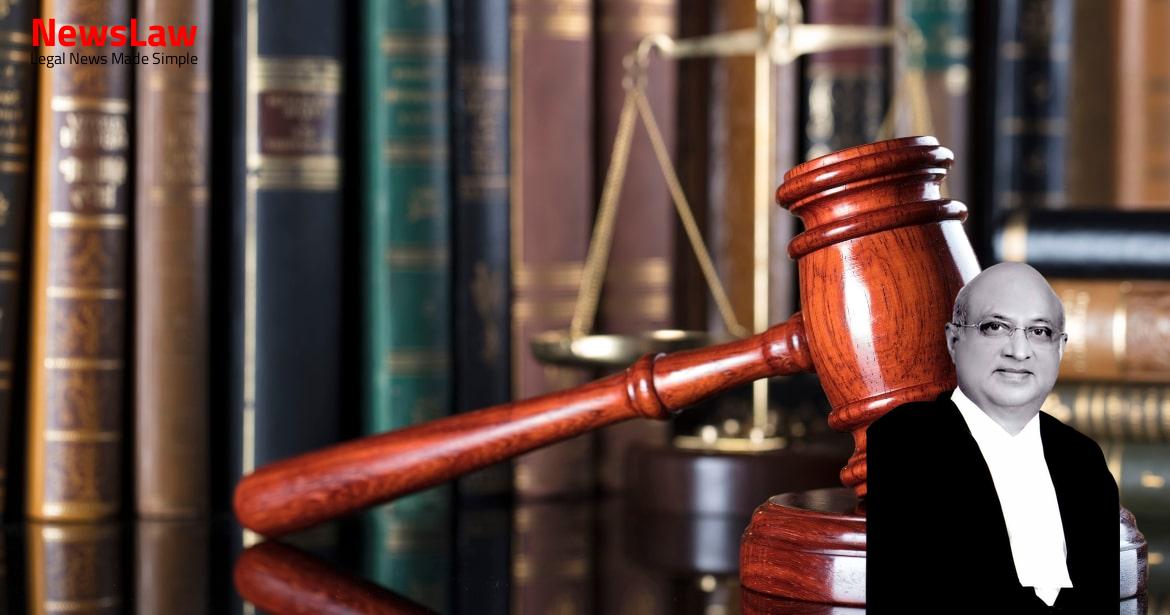In a significant legal development, the Delhi High Court has issued a judgment regarding the challenge raised by the petitioners against the 2017 Policy. The court’s decision has far-reaching implications on the rights and obligations of the parties involved. Let’s delve into the details of this case and the court’s ruling.
Facts
- Petitioner no.1 operates three MPS at Bareilly Railway Station.
- Petitioner no.2 operates one MPS at Moradabad Railway Station.
- Petitioner no.3 operates one MPS at Haridwar Railway Station.
- Petitioners were forced to convert stalls/trolleys to MPS in 2017 due to the 2017 Policy.
- Petitioners have challenged Clause 5 and Clause 11 of the 2017 Policy.
- Due to Covid-19 lockdown, the tenure was extended until 27.02.2023.
- Petitioner no.2 and respondent no.2 have a Master License Agreement dated 29.10.2021.
- The tenure under the Master License Agreement was until 21.12.2022 with no extension or renewal.
- Petitioners were directed to vacate their MPS by 27.02.2023.
- Petitioner no.3 and respondent no.2 have a Master License Agreement dated 17.08.2020.
- Various license agreements were executed between the petitioners and respondent no.2.
Arguments
- Petitioners have a legitimate expectation for license renewal and sustainability of business operations throughout their lifetime and for future generations.
- The 2017 Policy’s Clause 5 is alleged to violate Article 14, 19(1)(g), and 21 of the Constitution by removing the right of license renewal and forcing existing licensees to compete with large companies.
- The submission stresses on the impact of paragraph 1744 in raising the current demands challenged in the petition.
- It is argued that stalls/trolleys allotted before the 2017 Policy should continue under past practices and not be subject to the new policies’ restrictions.
- The petitioners’ claim of being forced to sign the new policy without renewal provisions is deemed unacceptable.
- The petitioners are demanding license renewals based on the Supreme Court judgment in the South Central Railways case.
- The petitioners allege arbitrary actions by the respondents in refusing to renew licenses of small miscellaneous/multipurpose stalls/trolleys while applying the same principle to small catering units.
- The petitioners are contradicted for benefiting from the 2017 Policy during its operational period and now challenging it at the end of their tenure.
- The petitioners’ licenses are deemed expired by time and they cannot compel the respondents to extend them.
- The submission argues the legality and non-arbitrary nature of the 2017 Policy, pointing out a similar challenge dismissal in Karnataka High Court.
- Distinguishing the present case from South Central Railways, it is emphasized that the 2017 Policy expressly disallows license renewal or extension.
- The petitions relate extensive reliance on various legal cases to support their arguments against the 2017 Policy.
- The conversion of miscellaneous stalls to MPS units is alleged to be under coercion and unequal bargaining, leading to the demands challenged.
- The clause 11 of the 2017 Policy is criticized for extending policy applicability to existing stalls/trolleys.
- The root cause of the punitive demands is pointed to be paragraph 1744 of the Indian Railways Commercial Manual.
- The demand for an extension of the contract due to Covid-19 is seen as arbitrary, especially compared to the treatment of other MPS units in different railway zones.
- The petitioners’ argument for proportional extension of the license period based on reduced fees post-lockdown is presented.
- Various legal precedents are cited to reinforce the petitioners’ positions against the respondents’ actions.
- Emphasis is put on the violation of Railways Act by paragraph 1744 and the lack of renewal under the new policy being communicated to the petitioner.
- The petitioners’ expectations of license renewal stem from their historical allocations and non-participation in tender processes.
- The absence of a fundamental right to trade in a particular public space is highlighted with reference to legal cases.
- The petition’s maintainability is questioned due to exclusive jurisdiction clauses in license agreements and the presence of an arbitration clause.
- The mere location of the Railway Board in Delhi does not confer jurisdiction to this court, and the balance between livelihood and equal opportunity is stressed in the 2017 Policy.
- The petitioner cannot go back on the contract after enjoying its benefits till completion.
- The petitioner’s contract is not under the Catering Policy but a different policy.
- The petitioner’s contract was for five years and non-renewable.
- The petitioner cannot claim ignorance as the terms of the contract were clear.
- The Karnataka High Court rejected the petitioner’s contention regarding non-renewal of license based on a judgment applicable to Catering Policy, not Multipurpose Stall Policy.
Analysis
- The 2017 Policy ensures the rights of marginalized minorities and weaker sections of society are safeguarded.
- The petitioners do not have a vested right for perpetual renewal of their license.
- The Transfer of Property Act states that a license is revocable at the will of the grantor.
- Reservation in allotment is provided in the 2017 Policy for various categories like Scheduled Castes, Scheduled Tribes, Minorities, etc.
- The policy decision of the railways to re-tender all MPS units after expiry does not deprive livelihood rights of the petitioners.
- The doctrine of legitimate expectation cannot be claimed as a right itself, but can be used when it leads to the violation of Article 14 of the Constitution.
- Extension of the License period was granted due to force majeure events like Covid-19 lockdown.
- The challenge to Clause 5 and 11 of the 2017 Policy is deemed unsustainable.
- Individuals from reserved categories are not competing against those from the general category for allocation of MPS units.
- The specific part of the judgment begins at paragraph 55.
- In this part, the court discusses a particular issue or point of law.
- The details of the specific part are not provided in the given text excerpt.
- Further information or context is required to generate a summary of the specific part.
- The court cannot delve into the intricacies of factual situations at each railway station to exercise appellate jurisdiction regarding the extension granted to individual licensees.
- Policy decisions made in the past for reasons like changes in examination patterns do not entitle petitioners to claim mandamus for similar relaxations in the future.
- A writ of Mandamus cannot be used to direct the enactment of laws or framing of rules.
- Mandamus is applicable for enforcing fundamental rights or statutory rights, not for creating new laws.
- Legitimate expectations do not always guarantee relief, as public interest, policy changes, or conduct of the expectant can negate them.
- A public body like the respondent Board cannot arbitrarily decline to renew a license and must have rational reasons for their decisions.
- Judicial review of policy decisions and mandamus to frame policies are distinct processes.
- The Karnataka High Court and the Supreme Court have upheld the validity and binding nature of certain policies and decisions.
- Individual license agreements and the 2017 Policy have arbitration clauses in case of grievances related to Covid-19 situation or damages.
- Petitioners can invoke the arbitration clause to initiate appropriate proceedings.
- 2017 Policy provisions apply to licensees who have not yet formally executed the license agreement.
Decision
- Existing stalls/table, misc. stalls/trolleys, chemist stalls/corners given option to convert to MPS or continue till existing agreement expires.
- Petitioners agreed to convert to MPS and pay revised fees.
- Space to be standardized and allotted for new MPS after current agreements expire.
- Petitions deemed maintainable and granted 3 months to vacate stalls.
- No new allotments or renewals for existing stalls, conversion to MPS allowed.
- Policy supersedes previous policies, immediate effect from date of issue.
- Existing licensees given option to convert to MPS with 5-year tenure.
- All pending applications disposed of, batch of petitions disposed in above terms.
- Renewal of license rights and remedies kept open.
- No merit found in the dismissed petitions.
Case Title: RAMESH CHAND JAIN & ORS. Vs. UNION OF INDIA & ORS. (2024:DHC:4452)
Case Number: W.P.(C)-7250/2023



